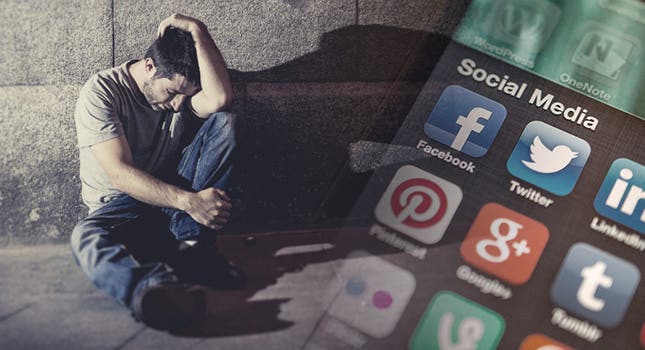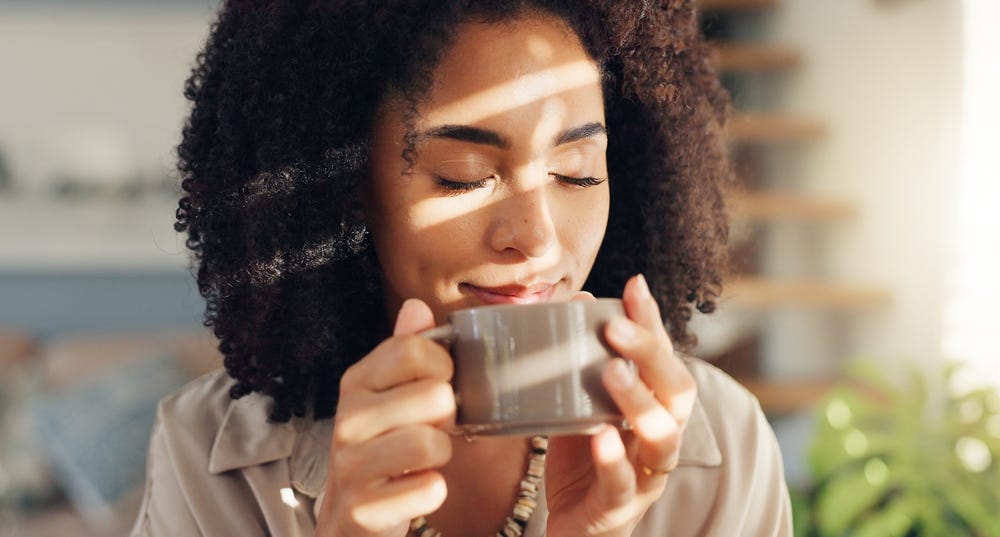Cutting down on social media reduces anxiety, depression, loneliness
Mounting research data indicate that increased use of social media by young adults correlates significantly with deteriorating mental health

[June 16, 2023: Staff Writer, The Brighter Side of News]
In today's digitally-driven world, video games are an everyday pastime for millions of Americans. (CREDIT: Creative Commons)
In recent health advisories issued by the American Psychological Association and the U.S. Surgeon General, a worrying trend has been underscored that has left the public health experts, parents, and policymakers deeply concerned. The mounting research data indicate that increased use of social media by young adults correlates significantly with deteriorating mental health.
This phenomenon is not an isolated trend confined to a specific geographical area. It is, in fact, a global predicament affecting teenagers and young adults on an unprecedented scale. These groups, known for their digital nativity and social media proficiency, are becoming increasingly entwined with platforms that are seemingly impacting their psychological well-being negatively.
However, amid this worrying scenario, a recent study conducted by researchers at Iowa State University (ISU) offers a glimmer of hope. The results of their two-week experiment involving 230 college students suggest that a simple intervention—limiting daily social media usage—could potentially alleviate mental health issues such as anxiety, depression, and loneliness.
The intervention was straightforward. Half of the participants were asked to restrict their daily social media usage to 30 minutes, reinforced with automated daily reminders. By the end of the experiment, the group that limited their social media usage scored significantly lower on measures of anxiety, depression, loneliness, and the dreaded "fear of missing out," compared to the control group who continued with their usual social media usage.
Related Stories:
Interestingly, the study also found that participants who reduced their usage experienced an increase in "positive affect," which the researchers describe as the propensity to experience positive emotions conveyed through words like 'excited' and 'proud.' The participants, thus, seemed to have a brighter, more optimistic perspective on life, suggesting that reduced social media usage may lead to an overall improved emotional state.
Lead author of the paper, Ella Faulhaber, a Ph.D. student in human-computer interaction, expressed her surprise at the findings. “It surprised me to find that participants’ well-being did not only improve in one dimension but in all of them. I was excited to learn that such a simple intervention of sending a daily reminder can motivate people to change their behavior and improve their social media habits,” she said.
The impact of this simple intervention wasn't just restricted to those who strictly followed the 30-minute limit. Even participants who occasionally exceeded this limit experienced psychological benefits, emphasizing the significance of consistent effort over perfection.
“The lesson here is, it's not about being perfect but putting in effort, which makes a difference. I think self-limiting and paying attention are the secret ingredients, more so than the 30-minute benchmark,” Faulhaber further elaborated.
Participants reported using TikTok for the highest average daily minutes (M = 95, Mdn = 90, SD = 59, range: 5–300). YouTube, Snapchat, Facebook, and Instagram were reported to be used for 87, 80, 59, and 57 min per day on average, respectively. (CREDIT: Technology Mind and Behavior)
The results of this study align with existing research in kinesiology and health fields, where measuring and understanding the time spent on specific activities lead to more effective behavior modification, as explained by co-author Douglas A. Gentile, a distinguished professor of psychology at ISU. Citing the popularity of Fitbits and daily step targets, he said, "Knowing how much time we spend on activities each day and making something countable makes it easier for people to change their behaviors.”
Despite the promising findings, it's noteworthy that many participants found the initial days of limiting their social media usage quite challenging. Yet, as they persevered, positive shifts became apparent. Participants reported feeling more productive and more attuned to their lives. There were reports of improved sleep quality, and some expressed that they spent more time interacting with people in person.
Pre- to Posttreatment Differences in Psychological Well-Being; Self-Monitoring Limited Social Media Use Improved Well-Being. (CREDIT: Technology Mind and Behavior)
The ISU study diverges from prior research in its practicality. While previous studies have also investigated the effects of limiting or abstaining from social media, many of these approaches required heavy supervision or external apps to restrict access, resembling a rehabilitation process for drug addicts. Such approaches, while effective for some, carry a higher risk of causing resistance and might eliminate the positive aspects of social media, such as staying connected with friends and family.
“When a perceived freedom is taken away, we start resisting,” Gentile pointed out, emphasizing the advantage of a self-limiting approach over enforced restrictions.
Faulhaber elaborated on the applicability of their study, offering practical advice for individuals seeking to reduce their social media consumption:
Create awareness: Use a timer or built-in wellness app to track how much time you spend on social media.
Give yourself grace: Recognize that it's challenging to stick to a time limit, given that social media apps are designed to be engaging.
Don’t give up: Limiting social media use over time can yield tangible benefits for your everyday life.
The researchers emphasized the importance of mindfulness regarding the use of social media platforms. They suggested that future research should explore the long-term effects of limiting social media usage and study what people do with the extra time gained.
"We live in an age of anxiety. Lots of indicators show that anxiety, depression, loneliness are all getting worse, and that can make us feel helpless. But there are things we can do to manage our mental health and well-being,” Gentile stated.
Paying more attention to how much time we spend on social media and setting measurable goals, as this study suggests, can be significant steps towards improving mental health.
Jeong Eun Lee, assistant professor of human development and family studies at ISU, also contributed to the research. This study is another important milestone in our understanding of the complex relationship between social media and mental health, providing evidence-based, practical strategies to mitigate the negative impact of excessive social media usage.
For more science and technology stories check out our New Discoveries section at The Brighter Side of News.
Note: Materials provided above by The Brighter Side of News. Content may be edited for style and length.
Like these kind of feel good stories? Get the Brighter Side of News' newsletter.



